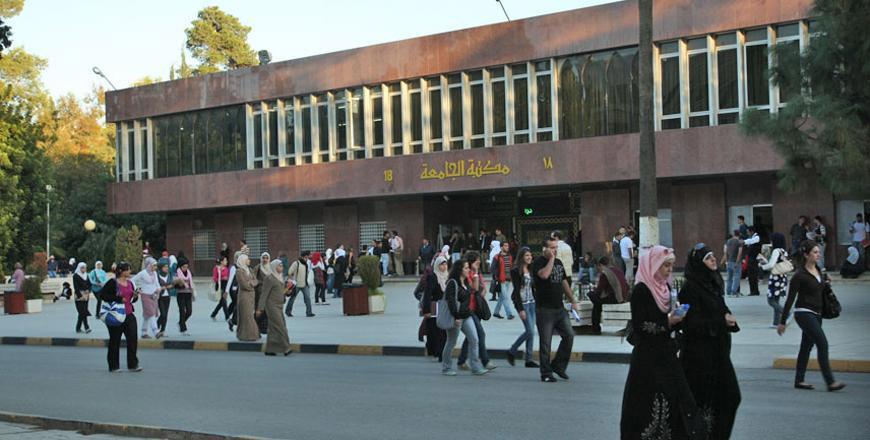You are here
Evaluation system of university presidents sparks debate
By Dana Al Emam - Jun 06,2017 - Last updated at Jun 06,2017
AMMAN — While the Higher Education Council’s (HEC) newly endorsed system for evaluating presidents of public universities is “designed to improve performance and enhance competitiveness”, university presidents beg to differ.
The performance evaluation system seeks to enhance accountability and increase the ranking of Jordanian universities in international indexes, Higher Education Minister Adel Tweisi said on Tuesday.
He noted that university presidents’ keen follow up on administrative, financial and research matters, as well as issues related to students, will directly enhance performance.
To achieve this, the HEC has entrusted a specialised committee to draft a form of evaluation based on specific criteria and performance indicators, he said, adding that the committee will finish working on the form by next Tuesday.
The HEC will send these forms to boards of trustees of all universities to fill within a three-week period and to then return to the HEC.
An independent committee of experts will look into the submitted forms and “validate” the information in order to write a report on each university president, the minister said, adding that this is the first time this system is taking place in Jordan.
“The HEC will look into the reports and take the necessary measures,” he told The Jordan Times, explaining that these measures will go from exemption from service to recognition notes.
For his part, President of Maan’s Al Hussein Bin Talal University Ali Qaisi said university presidents’ performance evaluation is “certainly important”, but must take some points into consideration.
He explained that it is unfair to evaluate all public universities based on the same criteria, as they differ in potentials, the nature of programmes and disciplines they teach, numbers of students and numbers and quality of instructors.
Qaisi added that the boards of trustees are the most capable bodies of evaluating university presidents, meaning there should be no need for a committee to review the evaluation of these boards.
The University of Jordan President Azmi Mahafzah said university presidents, who are assigned for four years through a Royal Decree, have to submit an annual report to the board of trustees to explain achievements and overall performance.
The board is entitled to monitor the presidents’ performance and can recommend the exemption from service of presidents with significant shortcomings to the HEC, Mahafzah said.
Meanwhile, he stated that the performance evaluation is not the proper tool to enhance performance, adding that university development is an ongoing process that the board of trustees should oversee.
Both Qaisi and Mahafzah said the system of annual evaluation does not clearly state what is the measure to be taken against weakly performing university presidents, as evaluation is not accumulative to the entire four-year period of presidency.
On the other hand, in an article published in Al Rai newspaper on Tuesday, Shaker Odwan, an assistant professor at Yarmouk University, described the new assessment system as “a step in the right direction”.
He suggested that performance indicators should include the president’s ability to attract financing and hold investment partnerships and cooperation agreements with other universities, a matter that develops the learning environment and enhances employability of students.
Yet, Odwan highlighted the need for a “comprehensive framework” that helps university presidents to do their job.
Related Articles
AMMAN — University students will be able to evaluate presidents of their universities through student councils, according to a Higher E
AMMAN — A Royal Decree was issued on Tuesday appointing Azmi Mahafzah as the new president of the University of Jordan (UJ) for a four-year
AMMAN — The Higher Education Council (HEC), chaired by the minister of higher education and scientific research, Adel Tweisi, received

















